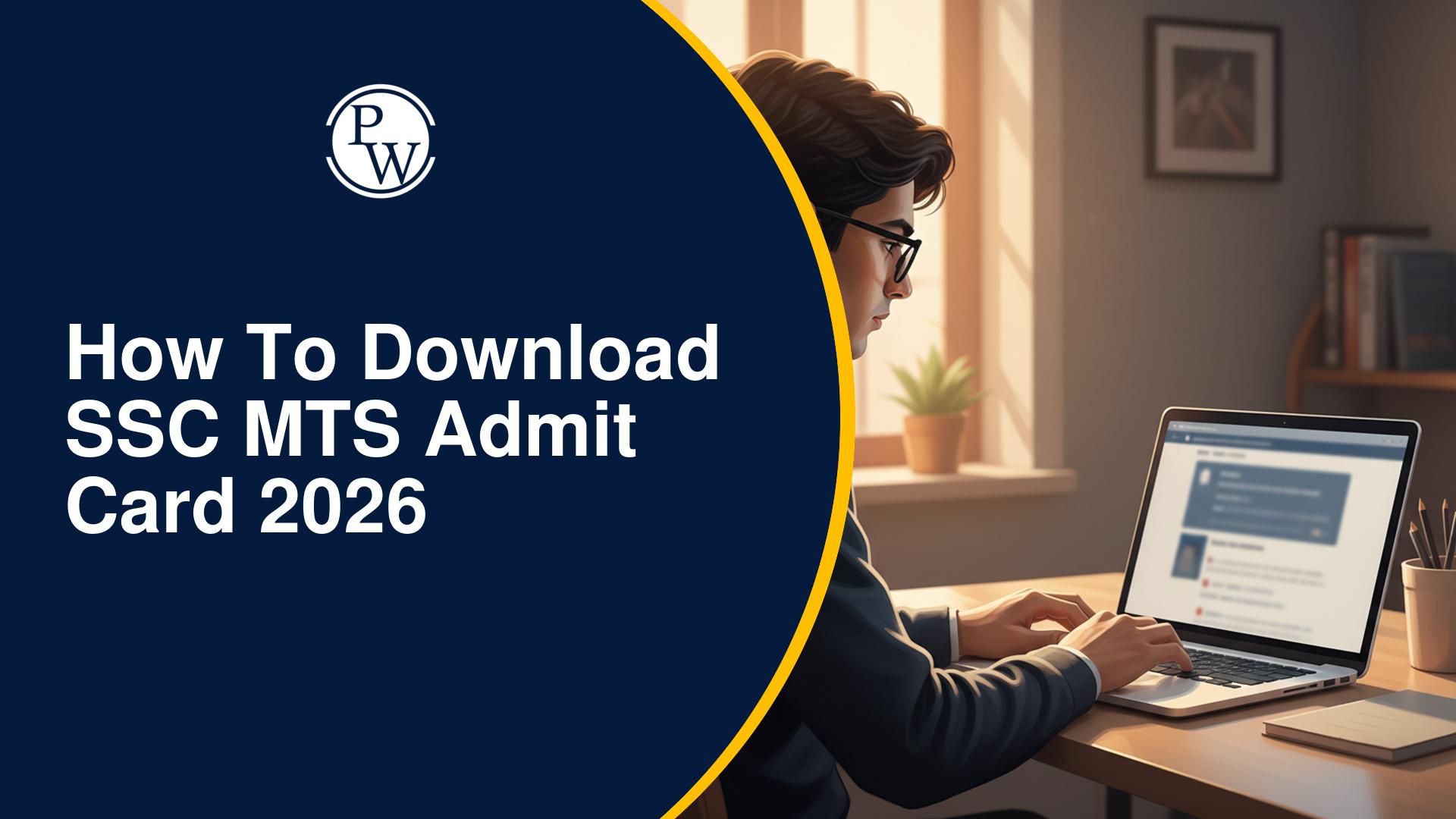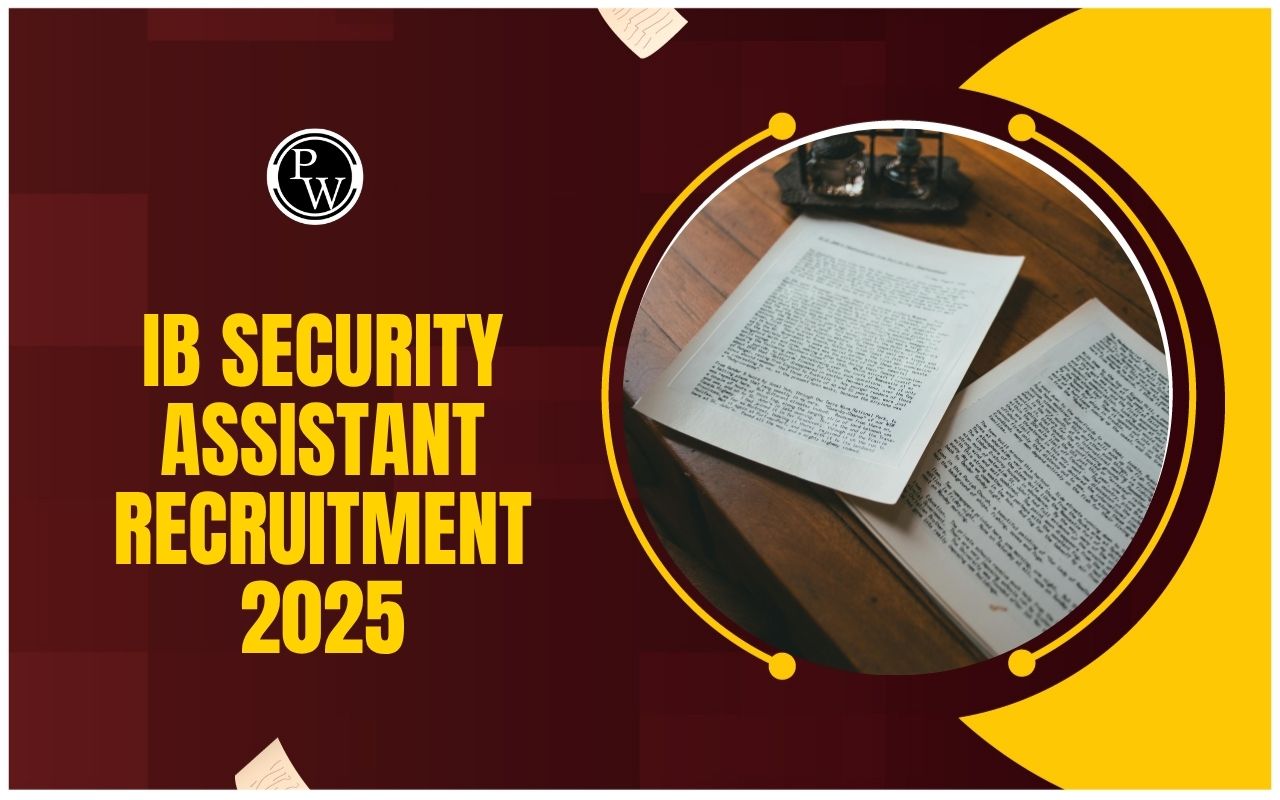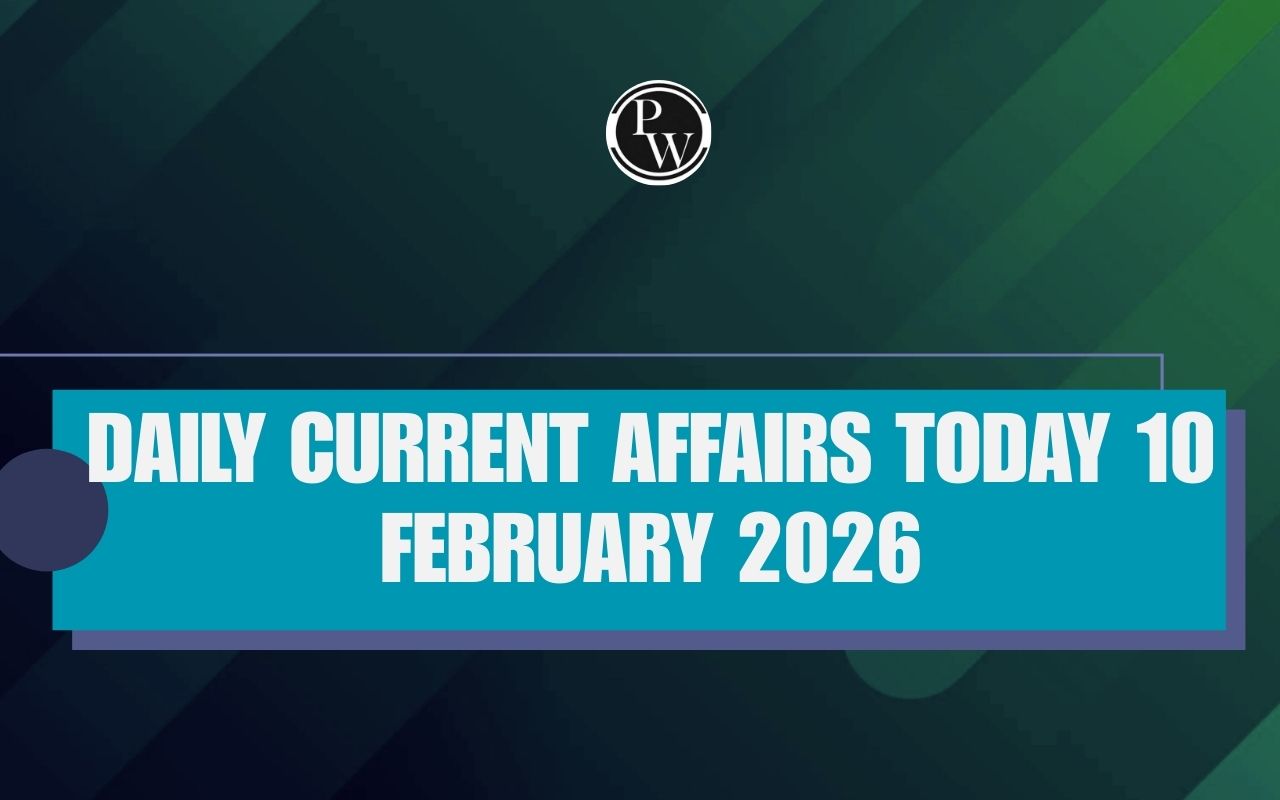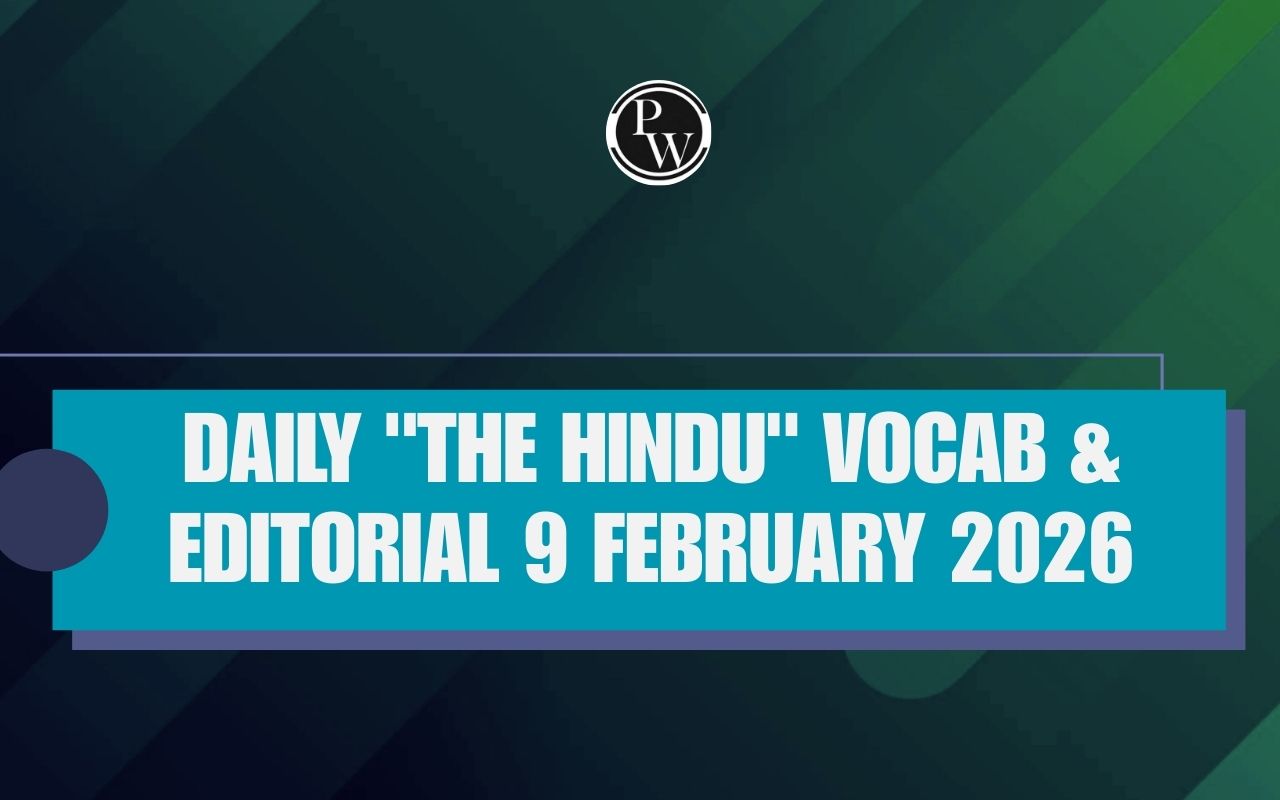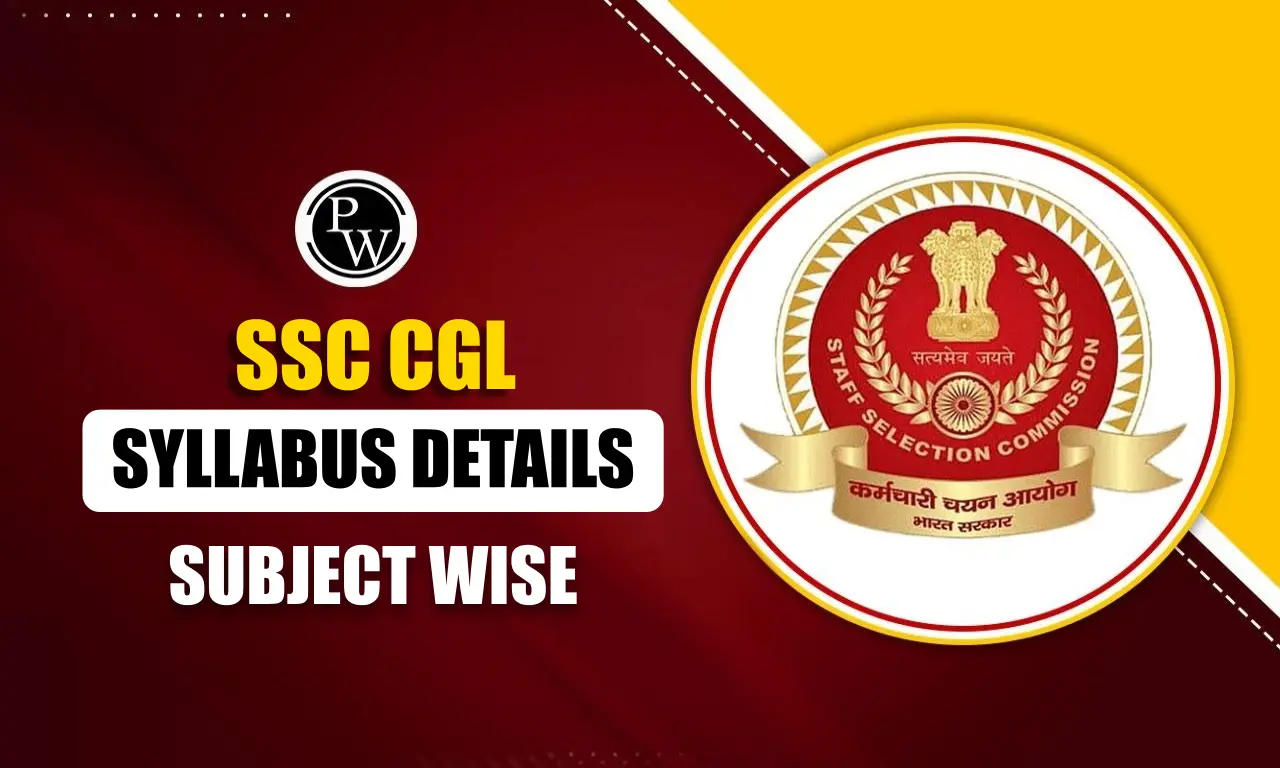
IB Junior Intelligence Officer Selection Process 2025: The Intelligence Bureau (IB), under the Ministry of Home Affairs, Government of India, has announced the recruitment for the Junior Intelligence Officer Grade-II (Technical) in 2025. The IB Junior Intelligence Officer Selection Process 2025 ensures that candidates are assessed rigorously through the rounds.
There are three stages: Tier 1 (Online T est), Tier 2 (Skill Test), and Tier 3 (Interview). Candidates should keep the knowledge of the selection rounds to begin with the preparations for the skill test, online test, and interview rounds accordingly.
IB Junior Intelligence Officer Apply online 2025
IB Junior Intelligence Officer Selection Process 2025 Overview
The IB Junior Intelligence Officer recruitment is managed by the MHA. Candidates must pass each stage mentioned in the IB Junior Intelligence Officer Selection Process 2025 to move forward.
|
IB Junior Intelligence Officer Selection Process 2025 Overview |
|
|
Recruitment Authority |
Intelligence Bureau (IB) |
|
Exam Conducting Authority |
Ministry of Home Affairs, Government of India |
|
Post Name |
Junior Intelligence Officer |
|
IB Junior Intelligence Officer Selection Process |
Tier 1: Online Test Tier 2: Skill Test Tier 3: Interview |
|
Mode of Exam |
Online: Tier 1 |
|
Official Website |
www.mha.gov.in |
IB Junior Intelligence Officer Eligibility Criteria 2025
IB Junior Intelligence Officer Selection Process 2025
The IB Junior Intelligence Officer Selection Process ensures a merit-based recruitment for technical positions. Candidates undergo three stages: an online objective test, a practical skill test, and a personal interview. Each stage has minimum qualifying marks and is crucial for final selection.
|
IB Junior Intelligence Officer Selection Process 2025 |
|||
|
Tier |
Purpose |
Mode |
Total Marks |
|
Tier 1 |
Test general and technical knowledge |
Online Objective Exam |
100 |
|
Tier 2 |
Evaluate practical/technical skills |
Skill Test |
30 |
|
Tier 3 |
Interview |
Interview |
20 |
IB JIO Tier 1 Online Test
The IB Junior Intelligence Officer Selection Process 2025 first round is the online test. A total of 100 questions from General Mental Ability and Technical Subjects are asked in the paper. Candidates have 2 hours with them to solve the paper.
|
IB JIO Tier 1 Online Test |
|
|
Mode |
Online (Computer-Based Test) |
|
Duration |
2 hours |
|
Total Marks |
100 |
|
Negative Marking |
0.25 marks for each wrong answer |
|
Subjects |
General Mental Ability (25%), Technical Subjects (75%) |
Check: IB Junior Intelligence Officer Salary 2025
IB JIO Tier 2 Skill Test
The second stage of the skill test is in the IB Junior Intelligence Officer Selection Process 2025. Candidates' knowledge has been assessed in the skill test round that carries 30 30-mark value.
|
IB JIO Tier 2 Skill Test |
|
|
Mode |
Practical/Technical Test |
|
Total Marks |
30 |
|
Purpose |
Assess hands-on technical skills required for the job |
|
Eligibility |
Candidates who qualify for Tier 1 |
IB JIO Tier 3 Interview
The Tier 3 stage is the personal interview for candidates who have successfully cleared Tier 1and Tier 2. This interview evaluates a candidate’s personality, communication skills, problem-solving ability, decision-making, and overall suitability for intelligence work. It ensures that only well-rounded candidates with the right temperament are selected for the IB role.
|
IB JIO Tier 3 Interview |
|
|
Details |
Information |
|
Mode |
Personal Interview |
|
Purpose |
Assess personality, communication, problem-solving, and suitability for the job |
|
Eligibility |
Candidates who qualify for Tier 2 |
|
Duration |
Typically 30–45 minutes per candidate |
Resolution of Tie Cases
In the recruitment of IB Junior Intelligence Officer, there may be instances where two or more candidates obtain the same combined score across Tier 1, Tier 2, and Tier 3. To ensure fair selection, the Intelligence Bureau has established a clear tie-breaking procedure. The following criteria are applied sequentially until the tie is resolved:
-
Marks in Tier 1: The candidate with higher marks in the Tier-I Online Examination will be ranked higher.
-
Marks in Tier 2: If Tier 1 marks are equal, the candidate with higher marks in the Tier 2 Skill Test will be preferred.
-
Marks in Tier 3: If both Tier 1and Tier 2 marks are equal, higher marks in Tier-III Interview will determine the ranking.
-
Date of Birth: If all exam marks are identical, older candidates are placed higher in merit.
-
Alphabetical Order: If the tie persists, the candidate whose first name comes first alphabetically will be given preference.
IB Junior Intelligence Officer Selection Process 2025 FAQs
What is the IB Junior Intelligence Officer Selection Process 2025?
How many stages are there in the selection process?
Do candidates need to pass each stage to proceed?
How are tie cases resolved in the selection process?
Is there negative marking in the Tier 1 examination?

